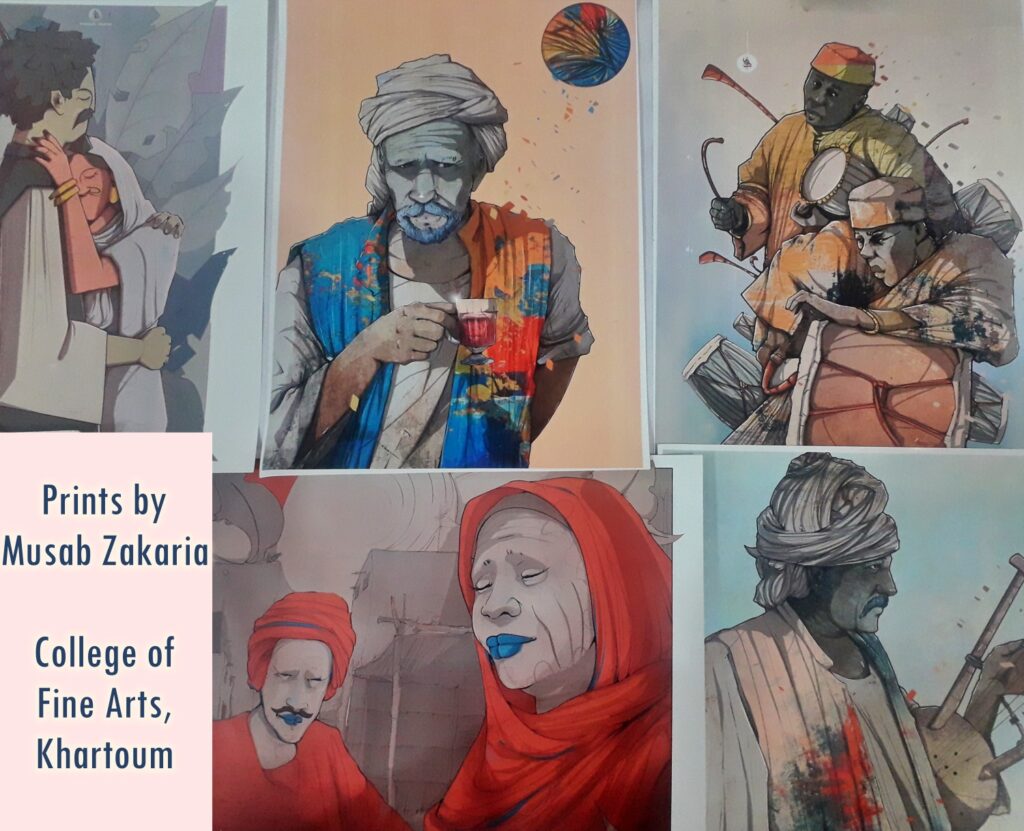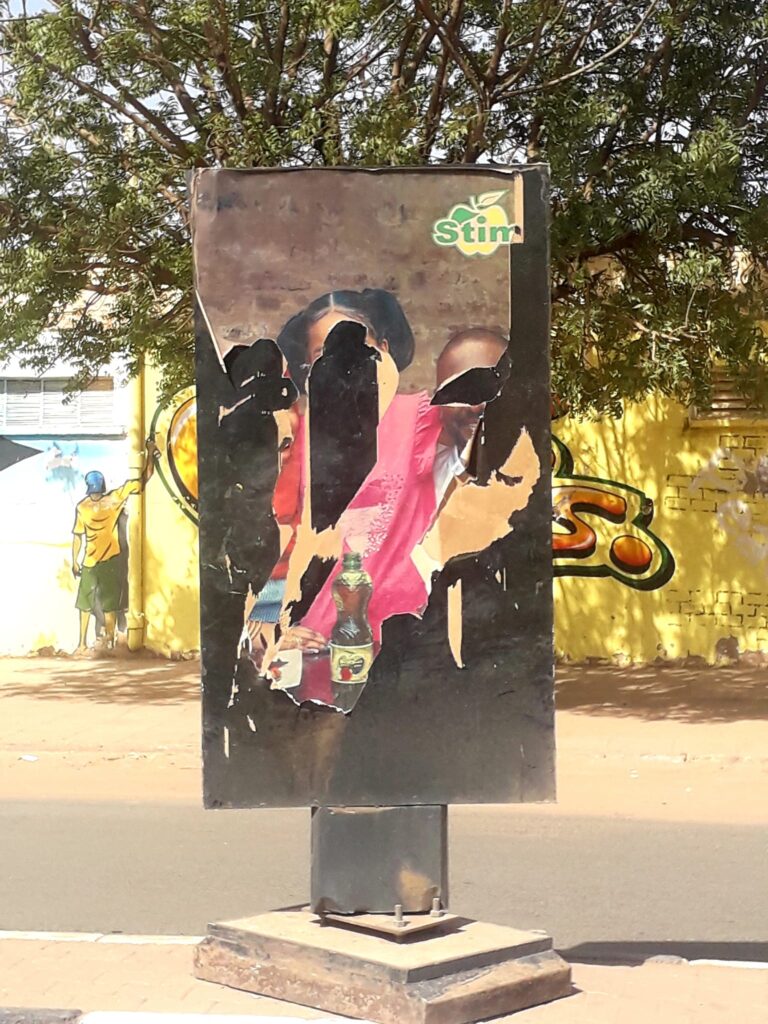Sudan’s resistance committees are still active – by necessity, because they are the only networks supporting the people of Sudan, taking care of public services while the state has failed nearly completely. We should support these democratic popular forces in whatever way possible.

In January 2022 the resistance committees of Khartoum state (the urban agglomeration of Khartoum, which holds between a third and half of Sudan’s population) published a Charter for the Establishment of People’s Authority. This charter is an open source document, and it leaves most specifics of the transitional governance structures open to be decided in a democratic way. But some of its principles reveal what self-governance coordinated by resistance committees may look like:
Continue reading
